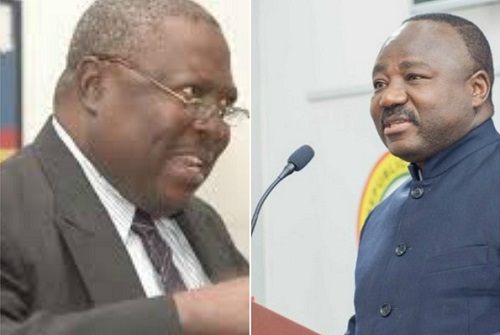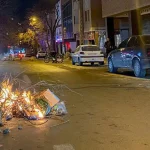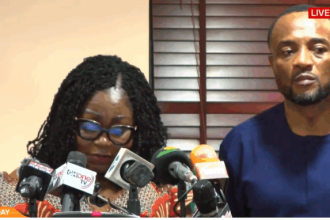Veteran journalist, Kweku Baako, has marked the government’s script on the implementation of the Right to Information (RTI) Law, describing it as a minus in its fight against corruption.
He also took on the Office of the Special Prosecutor, whose performance he said was below the initial hype.
“The inertia is unacceptable. That is the bottom line. It [RTI Act implementation] is delayed, we don’t see anything, we don’t hear anything. So you are killing the spirit of the RTI Act.
“To be honest, there is a minus there. It doesn’t matter the good intention. It doesn’t matter the good effort that may be under way. We aren’t seeing the results, relative to that particular one, so it is a minus,” the Editor-in-chief of the New Crusading Guide said on Joy FM’s current affair show, News File.
After about two decades of waiting, Parliament on March 26, 2019, passed the Right to Information Bill (RTI) into law.
The law provides for the operationalisation of the constitutional right to information held by public and some private institutions, subject to exemptions that are necessary and consistent with the protection of public interest in a democratic society.
It also seeks to foster a culture of transparency and accountability in public affairs and to provide for related matters.
Parliament had earlier approved a motion which would delay the implementation of the RTI law till the next financial year in January 2020.
On July 17, 2020, the Information Ministry opened the Right to Information (RTI) Secretariat, as part of structures to fully operationalise the RTI Act.
As part of its functions, the secretariat will support the various government agencies to process effectively and respond to RTI requests.
A divisional head is expected to be appointed to manage the daily administrative activities of the secretariat.
But Mr Baako said “the government must be courageous to accept that deficit. It helps you make an effort to cure the mischief.”
The RTI Bill was first drafted in 1999, reviewed in 2003, 2005 and 2007 but was only presented to Parliament in 2010.
It was brought back to the Sixth Parliament but could not be passed till the expiration of that Parliament on January 6, 2016.
After months of waiting, the Bill was laid in Parliament in 2018 by the Deputy Attorney General and Minister of Justice, Mr Joseph Dindiok.
He described the lack of information from the Office of the Special Prosecutor as worrying.
“It is the same with the Office of the Special Prosecutor. Some of us who were ardent advocate of that particular legislative entity, to be honest. Its visibility and transparency is a problem.
“An example is the galamsey investigation by Tiger Eye. It has been dead. And at one point, there was a running battle between the CID and the Special Prosecutor and I was on the side of the Office of Special Prosecutor because that is where the complaint has been lodged.
“What is the status of that investigation? We don’t hear anything; we don’t see anything. That is a minus.
“The issue of investigations, PPA, one is with CHRAJ, one is with the Special Prosecutor. The government should sit up. Allegations are made, investigations are made, you direct the things to the appropriate institutions but if nobody is saying anything.
And if there is nothing happening, it is as if you did nothing at all. You ought to take the blame for that situation,” Mr Kaako said.

The Office of the Special Prosecutor on August 23 invited, Mr Adjenim Boateng Adjei (ABA Adjei), Former Chief Executive Officer of the Public Procurement Authority to assist in the investigation of an alleged corrupt practice involving the PPA and a private company partly owned by him (AB Adjei) in an investigative documentary by freelance Journalist, Manasseh Azuri Awuni.
The Contracts for sale documentary by Manasseh exposed alleged ‘corrupt’ practices and possible conflict of interest activities of the now-suspended Chief Executive Officer of the Public Procurement Authority, Adjenim Boateng Adjei.
The piece revealed how his(AB Adjei’s) privately owned company, Talent Discovery Limited (TDL) sold government contracts at rates of between 15% and 20% to companies or entities with the ability to pay without recourse to the competence of the said companies or entities.
Following the airing of the video, the President suspended the PPA boss and referred the allegations to the Office of the Special Prosecutor as well as the Commission on Human Rights and Administrative Justice – CHRAJ.
But almost a year later, not much has been heard of the status of the investigations.
















